Professor Stephen Hawking was one of the most renowned scientific minds in history. He also had a significant presence in the media and culture.
He was no stranger to tackling big questions and ideas. His take on the question as to whether or not God exists is logical and scientific, as you might expect, and fairly straightforward.
The World’s Most Famous Scientist
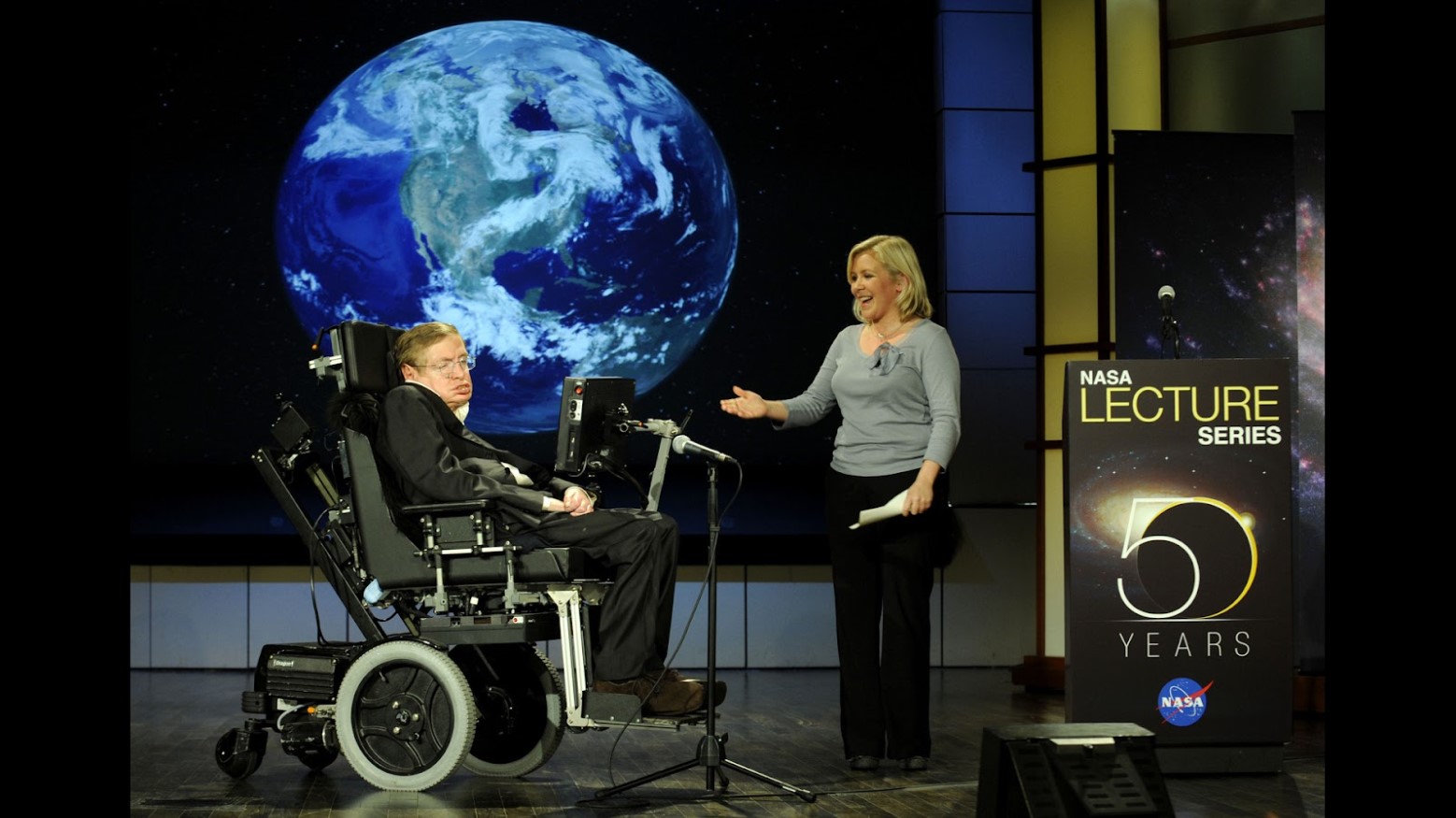
Stephen Hawking was one of the most renowned astrophysicists of his time. He imparted valuable scientific knowledge during his career and shared his insights and warnings regarding the future of science.
He was also one of the most recognizable scientists in the world. Appearances in television shows like “The Simpsons” and “Star Trek” helped cement Hawking as not only one of the greatest minds of his time but a pop-culture touchstone.
Famous Publications

Hawking’s books are among the most well-regarded popular science publications out there. The bestselling “A Brief History of Time” introduced a generation of readers to complex theories about the origins of the universe and quantum mechanics in an accessible way.
In another of his famous books “The Theory of Everything: The Origin and Fate of the Universe,” Hawking reflects on topics like religion and the possible existence of some higher power.
The Big Bang Theory
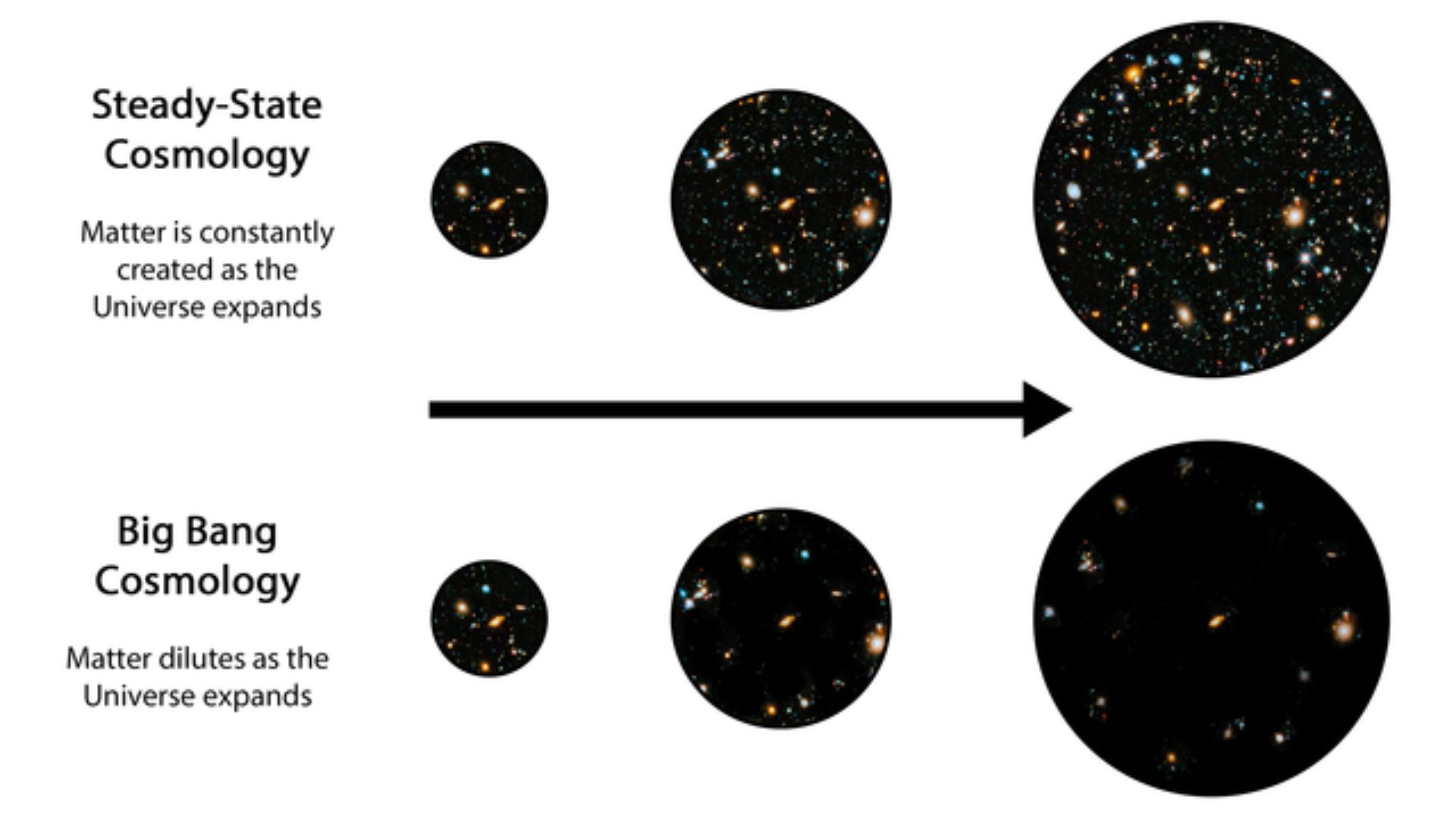
Hawking has been a lifelong champion of the Big Bang Theory. This is the idea that the universe exploded suddenly out of an ultradense singularity that was smaller than an atom.
All matter, energy, and empty space emerged from this tiny speck, and this raw material has evolved into the cosmos that we know today by following a strict set of scientific laws.
Things That Explain the Universe

According to Hawking and other scientists who believe in the Big Bang Theory, the combined laws of gravity, relativity, quantum physics, and other rules explain everything that has ever and will ever happen.
However, not everyone believes in this, as many believe that God is the creator of the universe. This is one reason why Hawking has been asked for years if he believes that God exists.
Disability

Hawking faced illness and physical challenges throughout his life. He suffered from a rare, slow-progressing form of motor neuron disease. The degenerative disease affects the motor neurons of the brain and spinal cord. In Hawking’s case, this disease gradually paralyzed him over his life and confined him to a wheelchair.
Diagnosed at 21 years of age and initially given only two years to live, Hawking had a full life and career, eventually passing away at 76. His achievements and dignity in the face of his health issues made him a role model for disabled people. He was a strong advocate for the protection of the rights of disabled people.
This Influenced His Thoughts on God
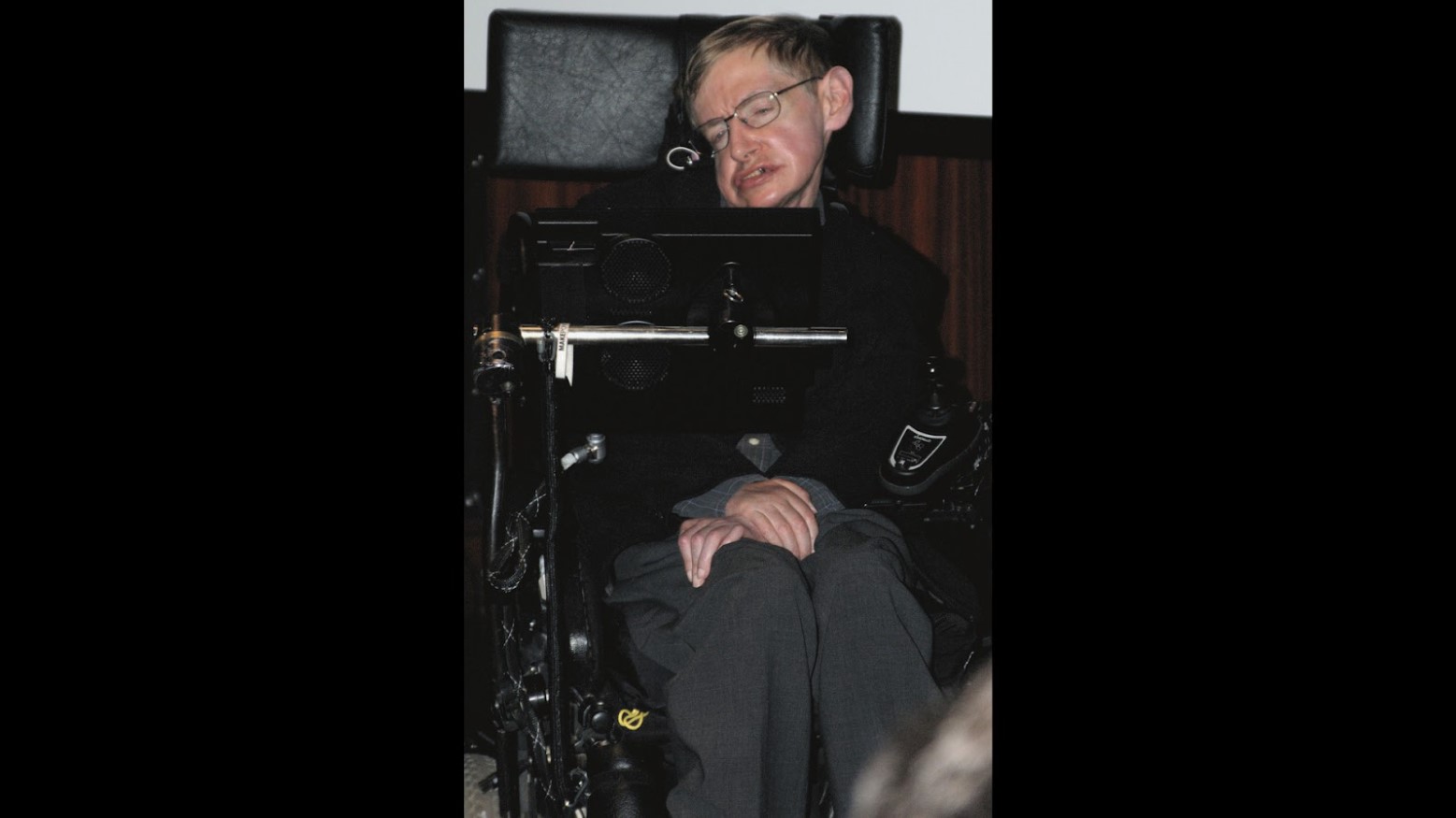
His disability may have influenced his thoughts when it came to the existence of God. This is evident in his writings on the matter in “The Theory of Everything: The Origin and Fate of the Universe.”
Hawking wrote that for centuries it was believed that people living with a disability, as he had, were living under some curse inflicted by God.
There Are Laws Dictating Existence

Renowned for his wit, Hawking quipped that it’s possible that he had upset “someone up there.” However, he prefers to believe that everything can be explained by the laws of nature.
Science teaches that there are certain laws for the way things work in the natural world that are always obeyed. Some might like to say these rules are the work of God, but Hawking took this thinking more as a definition of God than proof of his existence.
Is There a Possibility That God Exists?

However, according to some of Hawking’s comments, there is a slight possibility that God could exist.
While he believes that the universe is governed by the laws of science, he believes that these laws could have been ordered by God.
Occam’s Razor

In science and philosophy, when you have multiple competing theories, there is a problem-solving principle called Occam’s razor.
Occam’s razor states that if you have two or more ideas or theories to explain the same phenomena, you should prefer whichever is simpler. The simplest explanation is often the correct one.
Brief Answers to the Big Questions
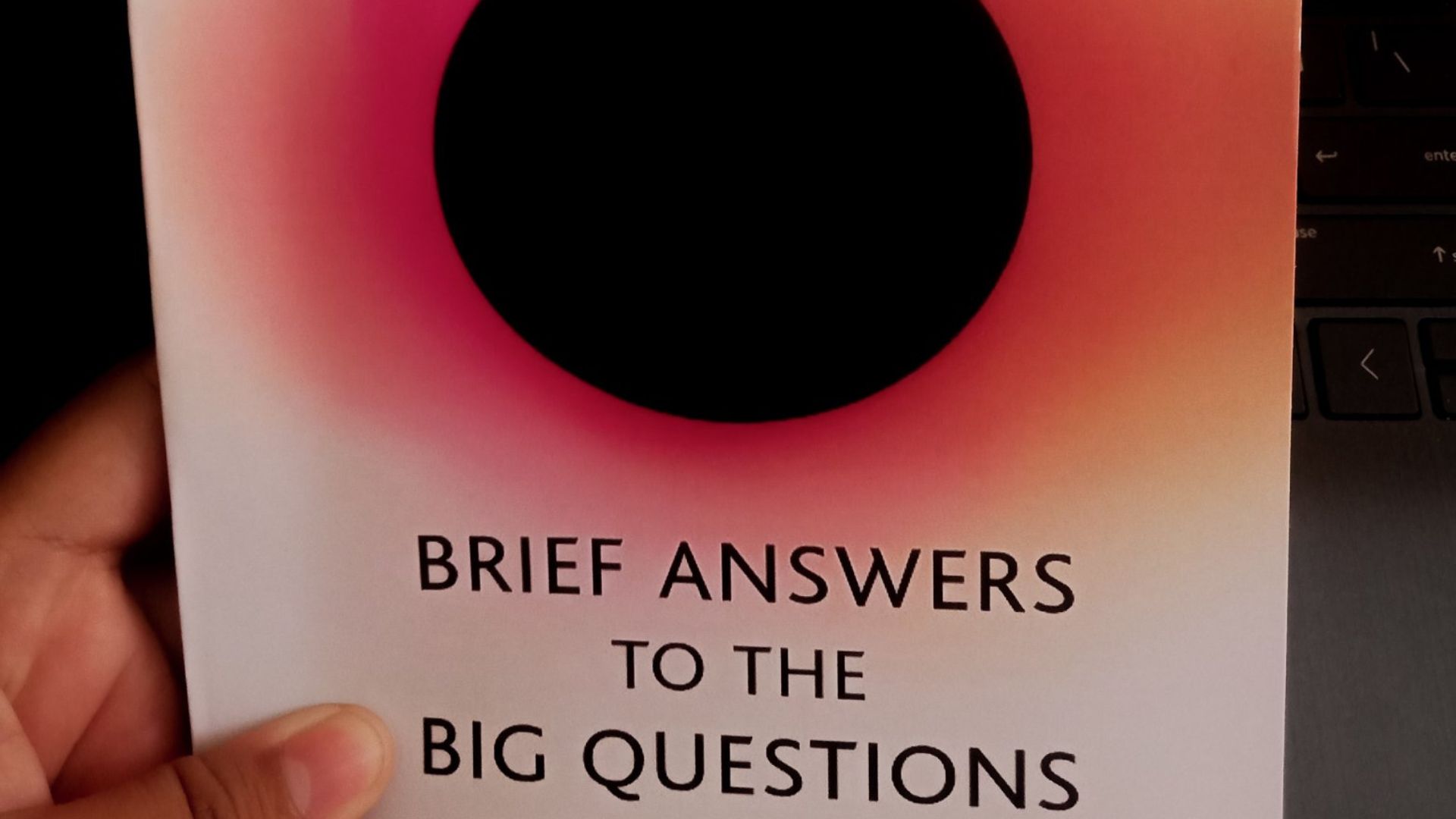
As someone who was in the public eye for most of his life, Hawking has been asked many questions by interviews and members of the public that he had left unanswered.
However, before he died, Hawking wrote a book entitled “Brief Answers to the Big Questions,” where he did just that. One of the questions he answered within this book was if he believes that there is a God.
Hawking’s Simple Explanation About God

The consummate scientist, Hawking applied Occam’s razor to his thinking regarding the existence of God.
In his view, the simplest explanation was that there is no God. There are laws of nature, but not by design. No one created the universe, and there is no higher power directing our fate.
People Can Believe What They Want

Despite not believing in God, Hawking has said that people are free to believe what they want to believe, but that his belief is that there isn’t a God.
While some will likely praise Hawking for sharing this, others will not be happy to know that one of the greatest scientists ever doesn’t believe in God.
Religious Leaders React to Hawking’s Comments

Unhappy with the comments made by Hawking, religious leaders have reacted to them. It’s safe to say that they don’t agree with what he said.
Fr. Robert Spitzer has said that Hawking’s comments show that there is much confusion about the Christian concept of God as the creator of everything that exists.
Stephen Hawking Dismisses a God That Doesn’t Exist
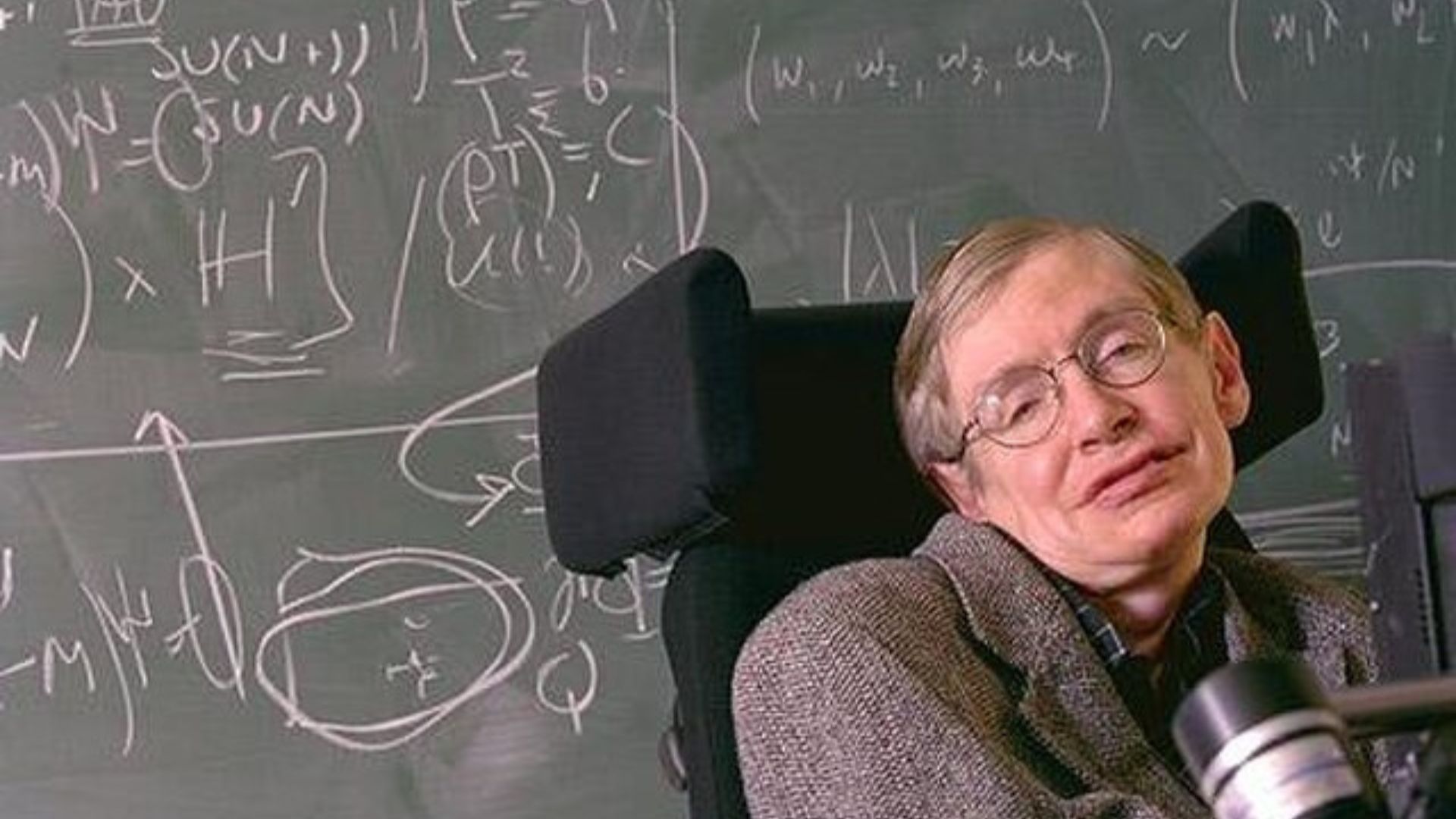
Others have said Hawking is dismissing a God that simply doesn’t exist.
Br Consolmagno claims God isn’t another force in the universe alongside gravity and electricity. He further explained that God is the reason why space, time, and the laws of nature are present for the forces that Hawking has dedicated his life to investigating.
Stephen Hawking and Pope Benedict XVI

As he was involved with the Pontifical Academy of Sciences, Hawking met with religious leaders from time to time, one of whom was Pope Benedict XVI.
Benedict XVI has referred to Hawking and other scientists as not creating the world, but they have learned from it and attempted to imitate it.
Other Questions Stephen Hawking Has Answered
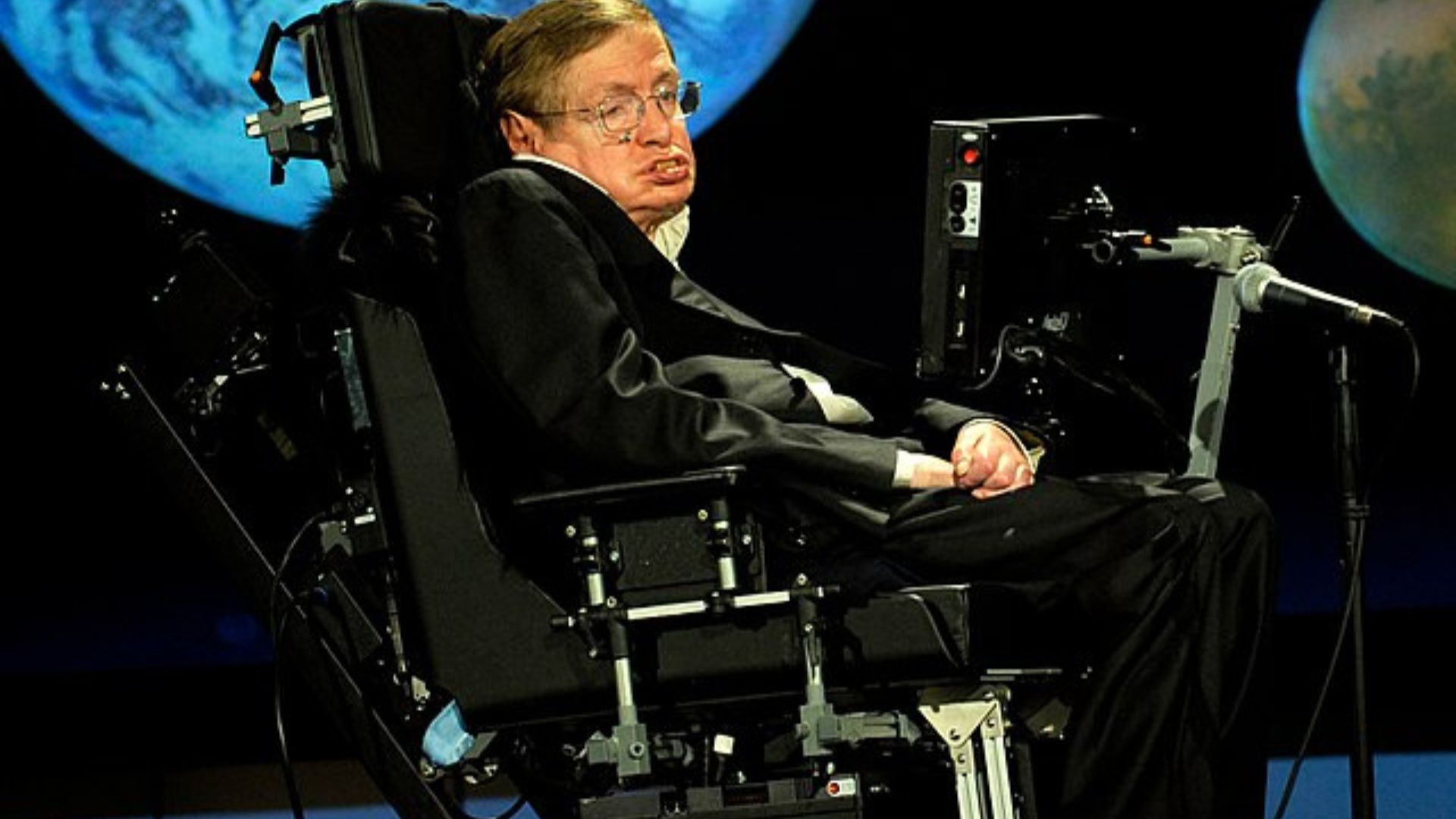
In the same book, he also answered many other questions he has been asked throughout his career.
Hawking revealed that he believes that aliens exist, that artificial intelligence could outsmart humans, and that time travel can’t be ruled out.
Laws of Nature Cannot Be Broken

Hawking compared the laws of nature to the laws of tennis. He mentioned that the laws of tennis can be broken and universally apply to the planet.
However, the laws of nature are different. These laws cannot be broken, but they are incredibly powerful and can also be controversial at times.
Making the Most of Our Time on Earth

Hawking couldn’t hold this belief without also having the realization that if there’s no God, there’s likely no afterlife either.
Professor Hawking didn’t despair at the idea of there being no Heaven but rather found comfort in it, saying, “We have this one life to appreciate the grand design of the universe, and for that, I am extremely grateful.”
An Afterlife Is Wishful Thinking

Many people, regardless of whether they are religious or not, believe in the afterlife because they like to believe that either when they or their loved ones die, they will go elsewhere and that dying isn’t just the end.
However, Hawking believes that this is just wishful thinking. He has said that there is no reliable evidence that the afterlife exists, so therefore, it cannot exist.
Hawking’s Legacy
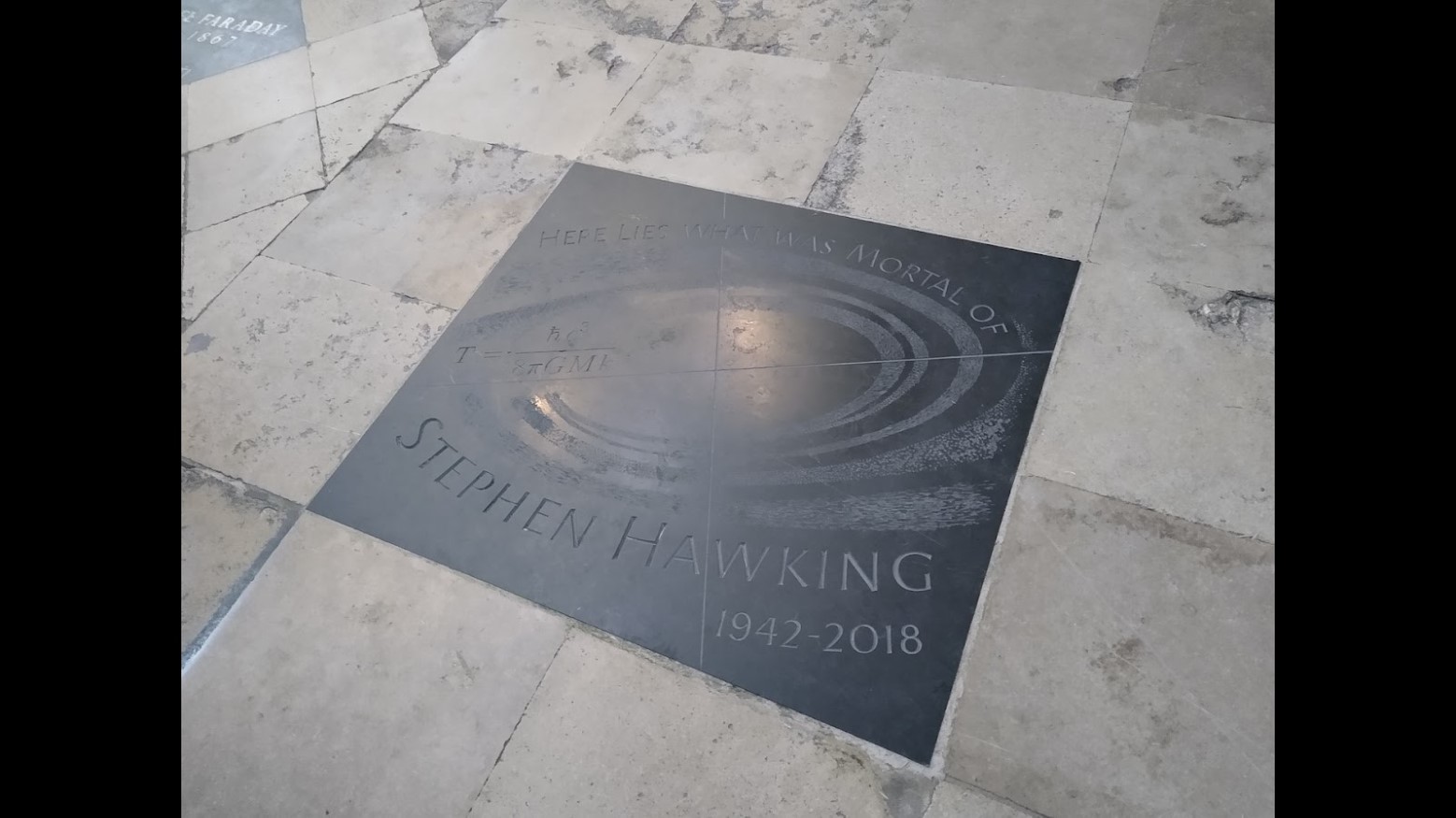
Professor Hawking was one of the most influential scientists of his time. His theories on the nature of the universe revolutionized modern physics, and his best-selling books made theoretical science accessible to the masses.
His work leaves an impact on how we understand the universe, and his discoveries served to unify concepts from various scientific fields.
His Warnings on AI

Beyond tackling the biggest scientific problems of his time, he had insight into what was to come. This included views on the AI frontier we are only now beginning to enter.
In an interview with the BBC, he stated that the development of full artificial intelligence could mark the end of the human race. Back in 2014, when it was still in its earliest stages, he strongly cautioned us on the risks and abilities associated with AI, emphasizing the consequences should it exceed human intelligence.
Stephen Hawking’s Big Predictions

Hawking has made various big predictions about what will happen in the future, whether that is immediate or not, for hundreds, if not thousands, of years yet to come.
One of these predictions involves the solar system. Hawking has predicted that in a few hundred years’ time, we will be able to travel to anywhere in the solar system.
Professor Hawking May Be Gone, But He Will Never Be Forgotten

Though he lived his life with incredible dignity and achieved more than most can even dream about, Professor Hawking’s life was one filled with challenges. Many would be comforted by the idea of him finding peace in some sort of afterlife.
But subscribing to his own theories, this isn’t something he would experience after his passing. But he has achieved an afterlife of a kind, as he will be spoken of and thought about for many years to come, and his words and his wisdom are still a source of guidance for humanity.
